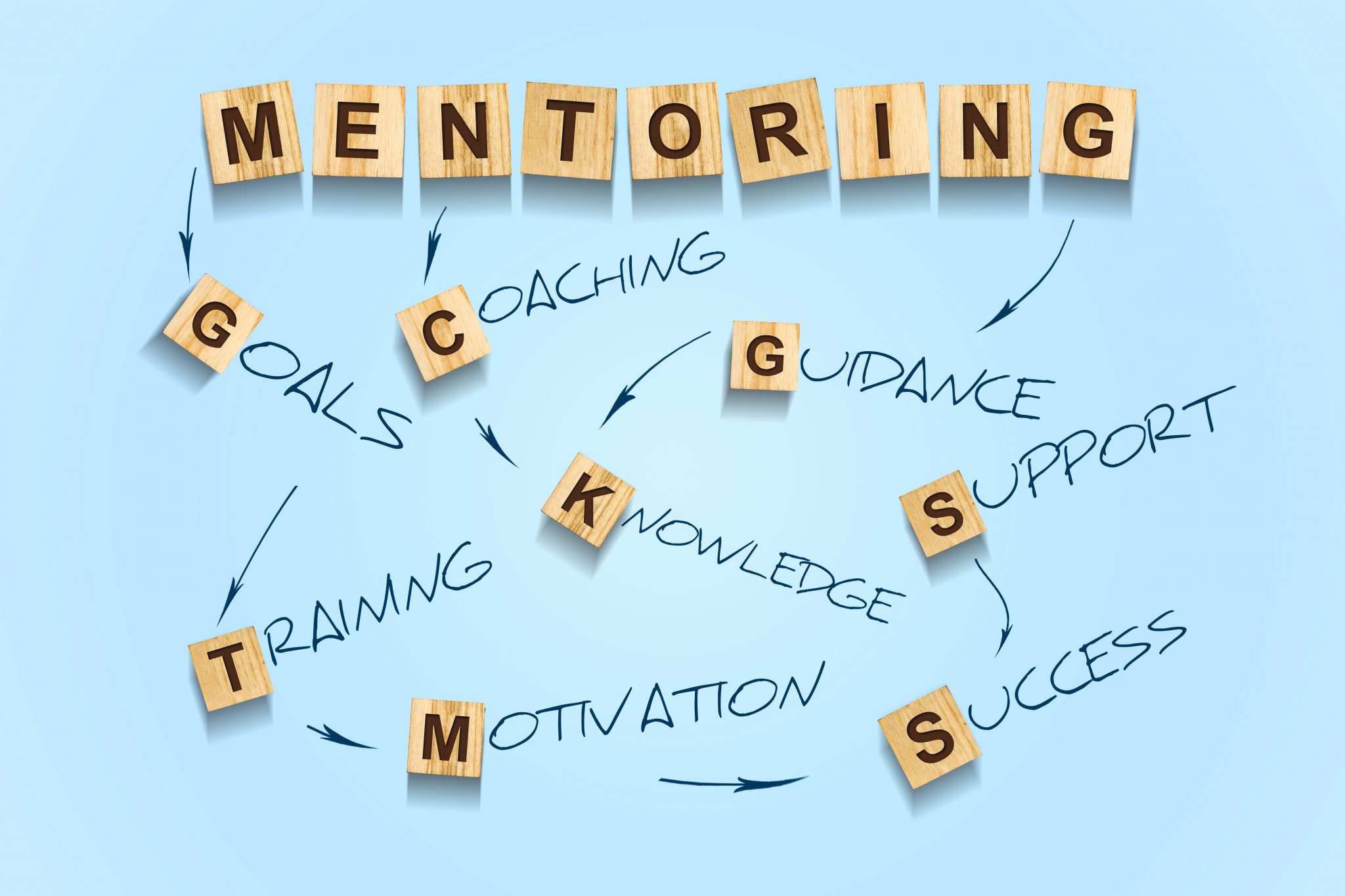Home & Family

Mentoring is a prevention and intervention strategy that is a critical asset to a youth’s successful path to adulthood. This belief is supported by research that shows mentoring programs can have a positive impact on youth in the areas of self-efficacy, academic achievement, attitude towards school, career development, and relationships with adults and parents.
Quality mentoring programs that employ best practices have produced significant improvements in the overall behavior and attitude of youth. Specifically, mentoring programs anchored in providing positive adult relationships have a favorable impact on youth behavior and attitudes.
Parents and Other Adults
The foundation of mentoring is rooted in the idea that if caring, positive adults are available to young people, youth will be more likely to become successful adults themselves.
Inarguably, all children need caring adults in their lives. Although positive, sustained relationships with parents represent a critical resource for children. Other adults can provide supplemental support that can bridge gaps, model positive behavior, or simply reinforce positive experiences.
For example, other adults can provide financial assistance, enhance learning skills through exposure, and help build their self-esteem and self-control. Often times, other adults can also provide emotional support, advice, and guidance in areas that may be challenging or merely uncomfortable for the parent-child relationship.
Sustained Relationships
A sustained relationship between a young person (mentee) and a caring adult (mentor) is essential in mentoring programs. Best practices for mentoring show that frequent contacts between mentors and mentees are important in the mentoring process.
The most meaningful impacts occur among those who meet an hour or more per week with relationships lasting one year or longer. During these meetings or interactions, research further suggests that the mentor and mentee be engaged in moderate to high levels of structured activities. Engagement in such activities facilitate relationship building, trust and empathy.
Becoming a Mentor
Mentoring relationships are a shared opportunity for learning and growth. Yet, one in three youth will grow up without this critical asset. To become a mentor, many organizations require the following.
- Be at least 18 years old
- Complete an application and training
- Obtain a successful background clearance
- Make a one-year commitment
- Meet with mentees a minimum of one hour per week or four hours a month
For more information on mentoring, please contact Angela Williams, 4-H youth development specialist, at (256) 372-5713.
References
DuBois, David L., Nelson Portillo, Jean E. Rhodes, Naida Silverthorn, and Jeffrey C. Valentine. “How Effective Are Mentoring Programs for Youth? A Systematic Assessment of the Evidence.” Association for Psychological Science. 12, no. 2 (2011): 57-91.
Lyons, Michael D., Samuel D. McQuillin, and Lora J. Henderson. 2019. “Finding the Sweet Spot: Investigating the Effects of Relationship Closeness and Instrumental Activities in School-based Mentoring.” American Journal of Community Psychology. 63, no. 1-2 (2019): 88-98. https://doi.org/10.1002/ajcp.12283
Herrera, Carla, David L. DuBois and Jean Baldwin Grossman. 2013. The Role of Risk: Mentoring Experiences and Outcomes for Youth with Varying Risk Profiles. New York, NY: A Public/Private Ventures project distributed by MDRC. https://files.eric.ed.gov/fulltext/ED544233.pdf.

